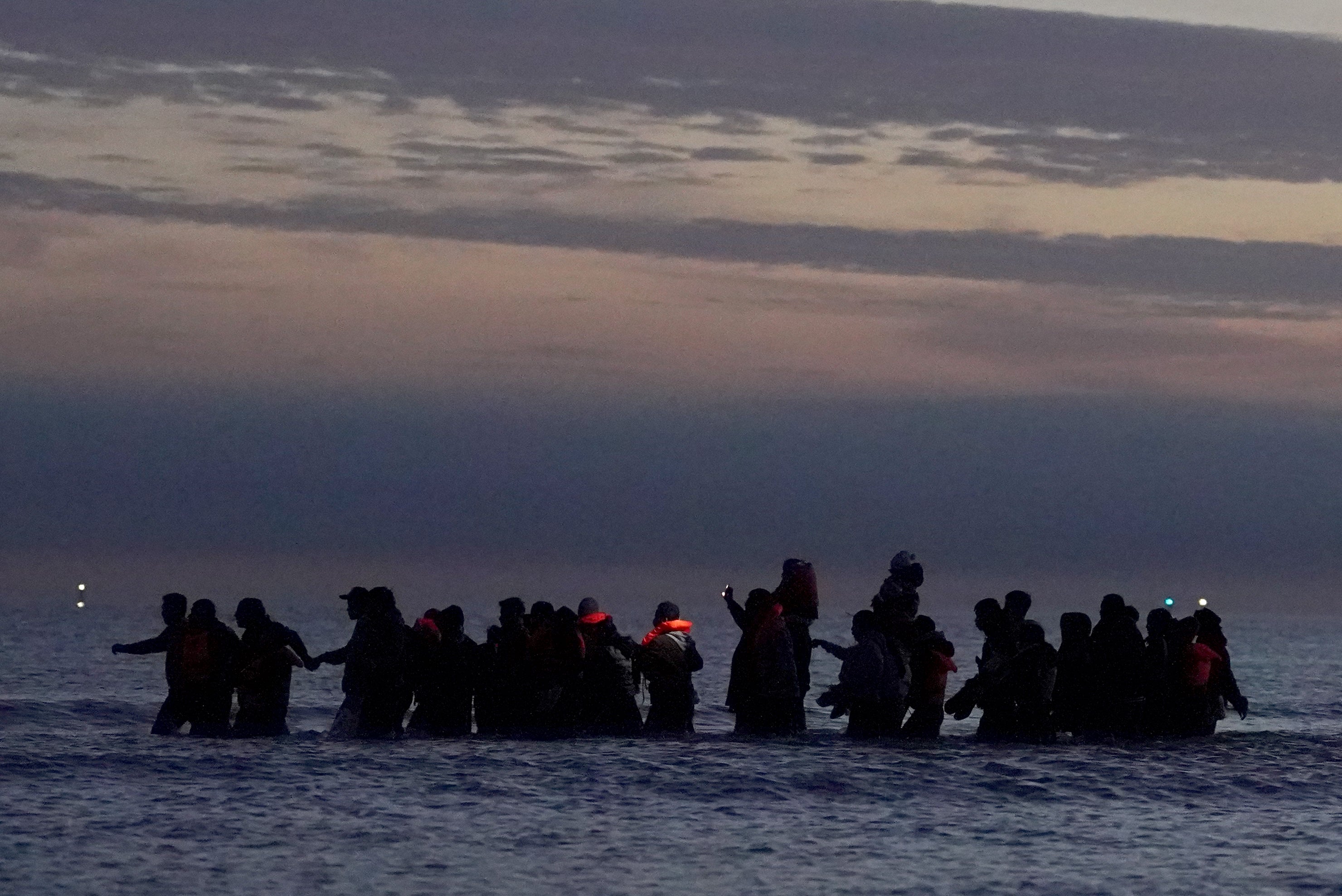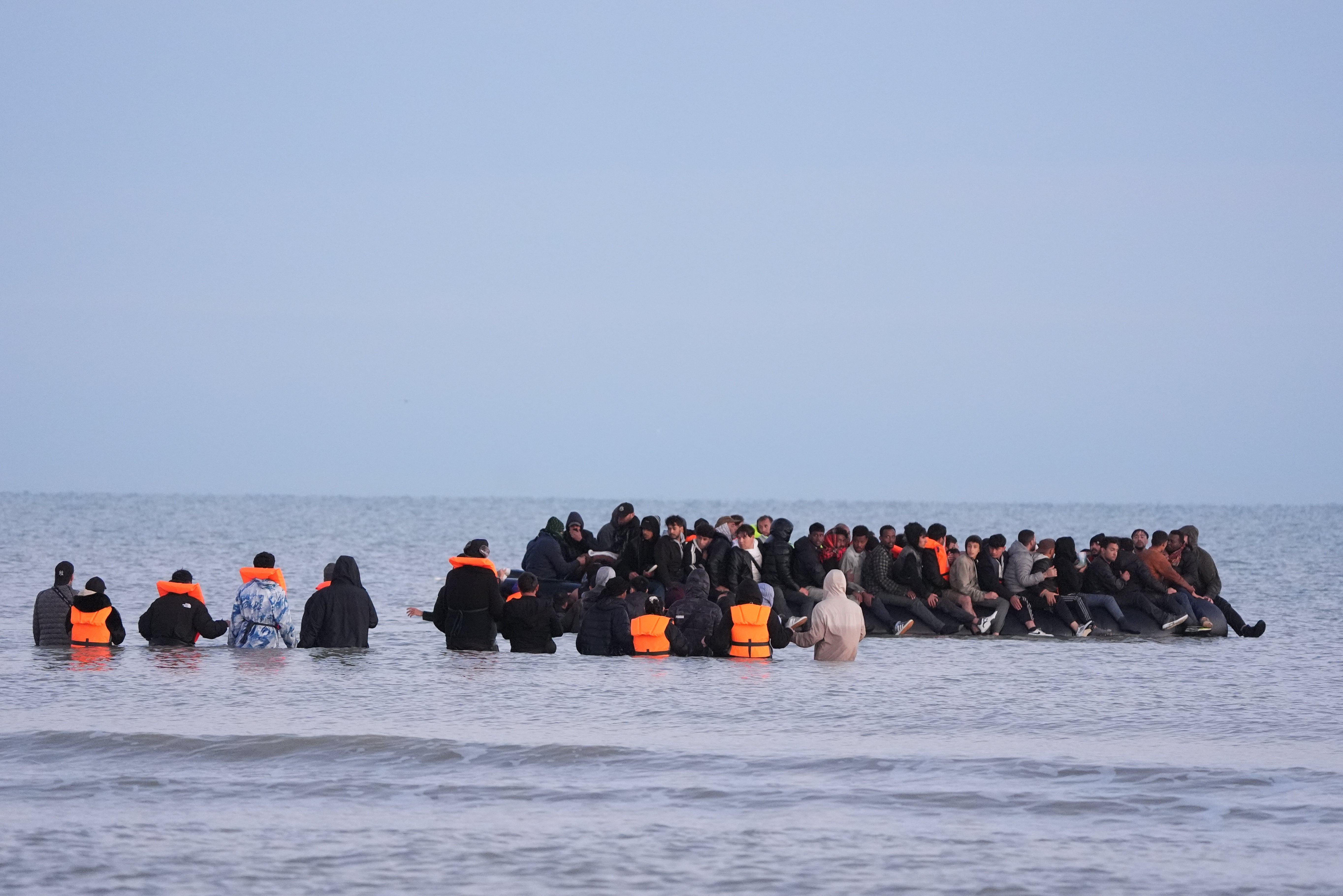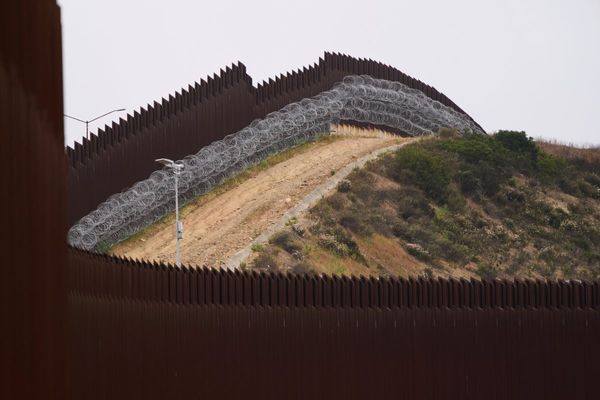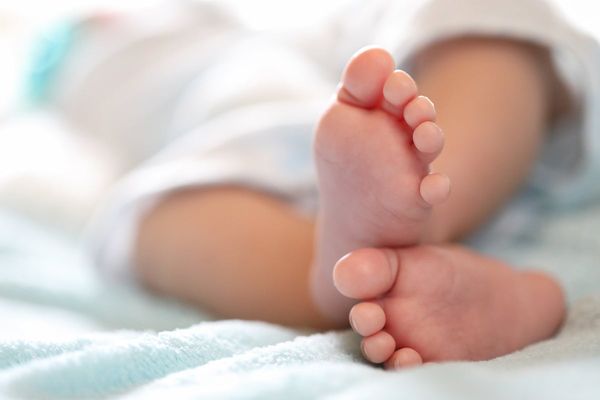Sleeping on the streets and relying on charities for food in France, a 25-year-old Eritrean man boarded a dinghy bound for Dover in the hope he could escape to a better life in the UK.
Instead, he was swiftly taken to a detention centre upon arrival and eventually told that he was to be among the first migrants to be sent back to France under Sir Keir Starmer's much-vaunted one-in, one-out deal with president Emmanuel Macron.
But the man challenged his deportation in a last-ditch court hearing, with his lawyers arguing that he faced a real risk of homelessness and destitution once he was returned to France.
His case was successful, delaying his deportation while he submits evidence about a modern slavery claim, but others have not been so lucky, with two migrants so far sent to Paris on passenger flights this week.
Home secretary Shabana Mahmood hailed the start of the scheme, saying it was “an important first step to securing our borders”, with the pilot programme set to last at least until June 2026.
But concerns have been raised by lawyers attempting to challenge the deportations about what reception, if any, migrants will get when they land in Paris.
When he was asked in a screening interview on arrival in the UK why he hadn’t claimed asylum in France, the 25-year-old Eritrean man said he had seen “lots of people sleeping on the streets”, adding there was “no support”.

During his brief time in the country, he had received food from a charity and slept on the streets with two friends, who were in receipt of financial support from the French government.
Another Eritrean national told the High Court on Thursday that he had been homeless, destitute and in fear for his life while living briefly on the streets of Paris, while on his journey to the UK.
His time in the refugee camps in Dunkirk reinforced his belief that he “would not be safe in France”, he said.
In the case of the first Eritrean, Sonali Naik KC said that about one-third of asylum seekers in France are not accommodated. She said her client, who had travelled through Italy to get to France, had been advised that he would likely not get accommodation if he claimed asylum in France.
Migrants returned to France under the “one in, one out” deal will have access to three days of emergency accommodation, the French refugee charity Utopia 56 said.
“After that, it’s still unclear; they will be normally referred to various facilities, such as CAES centres, but all centres are full right now,” Angele Vettorello from the charity said.
CAES centres are transit sites, which aim to evaluate an asylum seeker’s situation and redirect them.
Ms Vettorello added that the waiting list for asylum accommodation is particularly long in Paris, where migrants under the “one in, one out” deal are being returned to.

Those who do not claim asylum in France are expected to fend for themselves, Steve Smith, CEO of Care4Calais, explained.
“If someone returned to France under this grubby deal with be destitute isn’t even a question,” he said. “Every refugee living in France outside of the French asylum system is destitute. Being outside of the system means they receive no state support, and it's NGOs like Care4Calais who provide the only support this community receives through our humanitarian work.”
France uses reception centres to house asylum seekers for longer periods, called CADA. This includes shared and private accommodation in apartment buildings, and by the end of 2024, there were 49,190 places funded in CADA spread throughout France.
Asylum seekers in these centres are usually able to cook for themselves in shared kitchens, but they don’t qualify for this housing if they are under a Dublin procedure.
Under the Dublin procedure, an asylum seeker in France can be returned to another European country, such as Italy or Greece, if the migrant arrived in that country first. In the first case under the “one in, one out” deal to reach the High Court, the Eritrean who successfully delayed his deportation had travelled through Italy to get to France.
Ms Naik KC argued that there “is a real risk of him being destitute”, adding: “He is a potential Dublin case, of having been in Italy.”
Mr Justice Sheldon allowed the migrant to delay his deportation so that a trafficking claim could be properly considered, but said he did not believe that was a “real risk that this particular claimant would suffer destitution if he was returned to France ... though there are clearly difficulties with the asylum accommodation regime in France”.
The Home Office has argued that while a significant proportion of asylum seekers are not housed in France, the French government still supports them financially.
A note relied on in court said that France “provides an additional daily allowance paid to those who are not accommodated free of charge”, while acknowledging that “there have been challenges with meeting demand for asylum accommodation”.
Since 2020, two judgments from the European Court of Human Rights have found that France breached its obligations under human rights law to provide accommodation.
Lachlan Macrae, from the Calais Food Collective, which supports asylum seekers with food and water, said it was worrying that the French government had not shared details of the scheme with charities.
He added: “Applying for asylum can be a bureaucratic and complicated process in France. You can imagine that if you were just deported with little support, and don’t speak French, you could end up in a bad position due to no fault of your own.”
The first migrant sent back under “one in, one out”, who is believed to be an Indian national, will be offered the option of voluntarily returning to India or face deportation.
For every failed asylum seeker who is sent back across the Channel, the UK will receive someone in return, with the first migrants expected to arrive from France this weekend.







